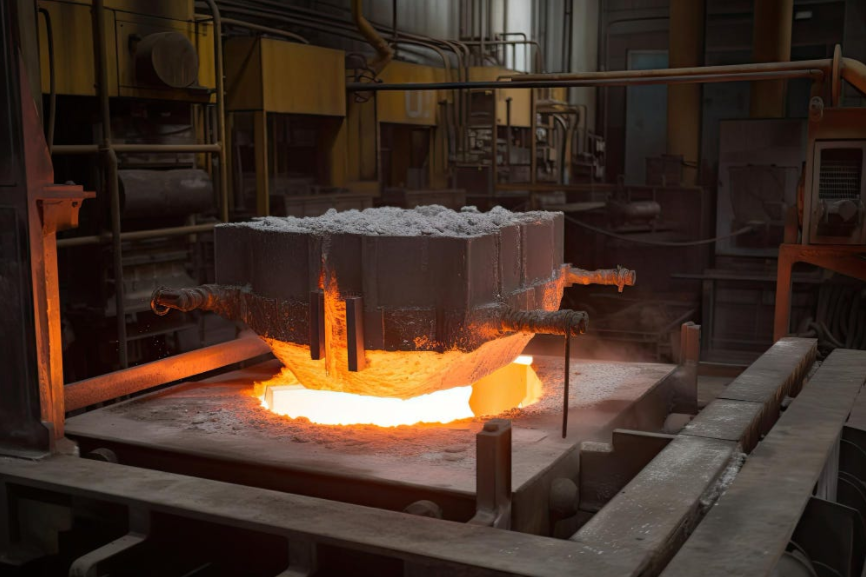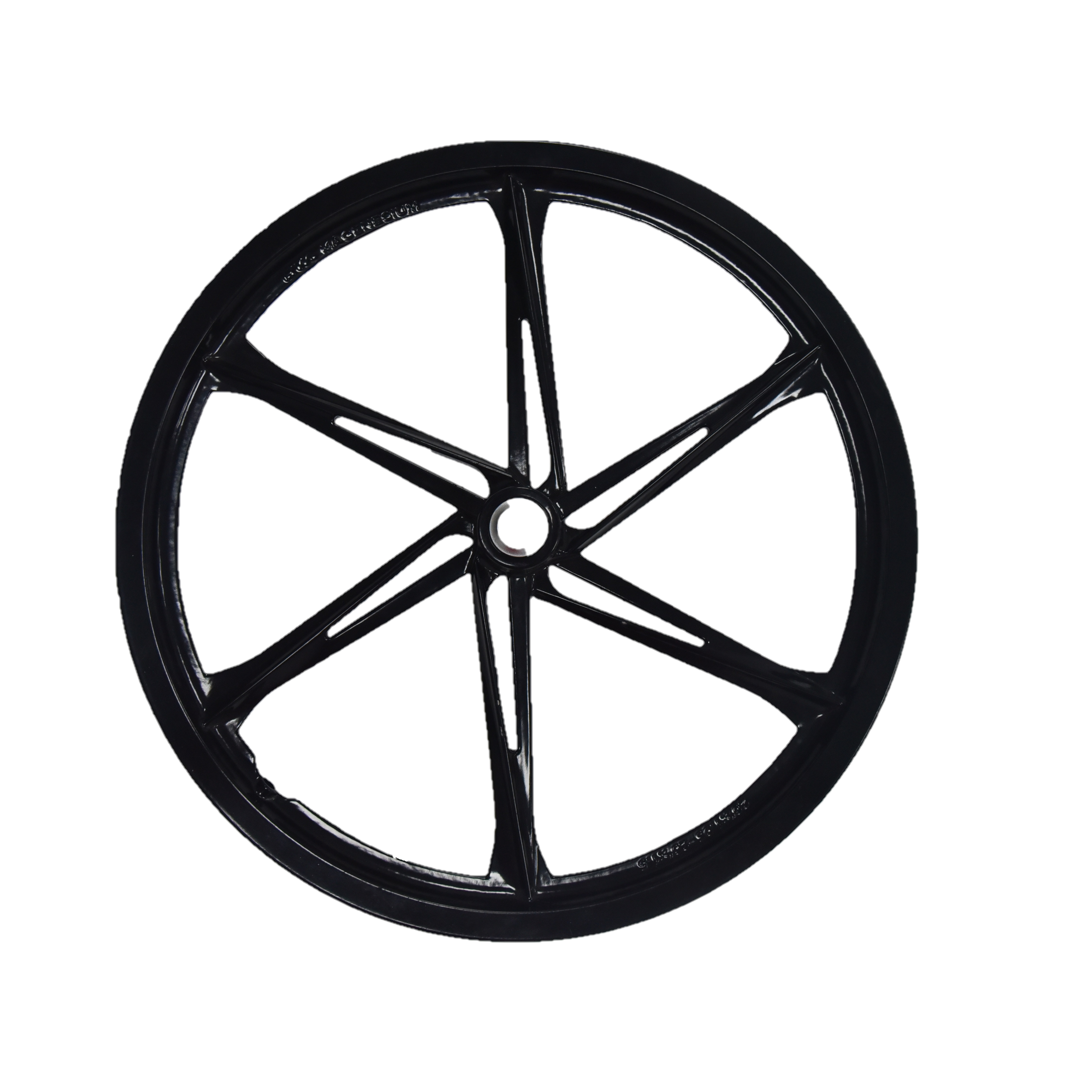Die casting is a process that involves the use of a mold to produce metal parts with high precision and accuracy. The die casting mold is a key component in this process, as it plays a critical role in determining the quality of the final product. In this article, we will explore the importance of the die casting mold and its impact on the quality of castings.
Die casting is a manufacturing process that involves the use of molten metal that is injected into a mold cavity under high pressure. The molten metal is forced into the mold cavity and takes on the shape of the mold, creating a solid metal part. The die casting mold itself is made up of two halves, the fixed half and the moving half. The two halves are joined together during the casting process and separated after the casting has been completed.
The die casting mold is a critical component in the die casting process as it determines the final shape and quality of the casting. The mold must be designed to withstand the high pressure of the molten metal and must be made from materials that can withstand the high temperatures of the molten metal. The mold must also be designed to allow for the easy release of the casting from the mold cavity, without damaging the casting.
The quality of the die casting mold is essential to the quality of the castings that are produced. A well-designed and properly maintained die casting mold can produce high-quality castings with consistent dimensional accuracy, surface finish, and mechanical properties. However, a poorly designed or maintained die casting mold can result in castings that have defects, such as porosity, shrinkage, or distortion.
To ensure that the die casting mold produces high-quality castings, it is important to consider several factors during the design and maintenance of the mold. These factors include:
1. Material selection: The material used to make the die casting mold must be able to withstand the high temperatures and pressures of the casting process without deforming or cracking. Common materials used for die casting molds include steel, aluminum, and copper alloys.

2. Mold design: The design of the mold must take into account the properties of the molten metal, the geometry of the part, and the required surface finish. The mold must also allow for the easy release of the casting from the mold cavity.
3. Mold maintenance: Regular maintenance of the mold is essential to ensure that it remains in good condition and can produce high-quality castings. Maintenance may include cleaning, polishing, and repairing any damage to the mold.
In conclusion, the die casting mold is a critical component in the die casting process, as it determines the final shape and quality of the casting. A well-designed and properly maintained die casting mold can produce high-quality castings with consistent dimensional accuracy, surface finish, and mechanical properties. Therefore, it is essential to consider the material selection, mold design, and mold maintenance when producing high-quality castings using the die casting process.
-

- Magnesium alloy Thixomolding parts for oxygen suction machine housing
-

- Magnesium alloy die-casting LED display frame
-

- OEM die-casting components & parts
-

- Customized foundry products high precision die-casting parts for e-bike integrated frame
-

- Bicycles for Children Kids Bikes for 3-16 years old Child /OEM Baby Children Cycle Kids Mountain Bicycles 2022
-

- Magnesium alloy foundry parts bicycle wheel with CNC machining & surface finishing

 0086-750-5616188
0086-750-5616188 +86 13392089688
+86 13392089688 sales@zhongmei-tech.com
sales@zhongmei-tech.com







